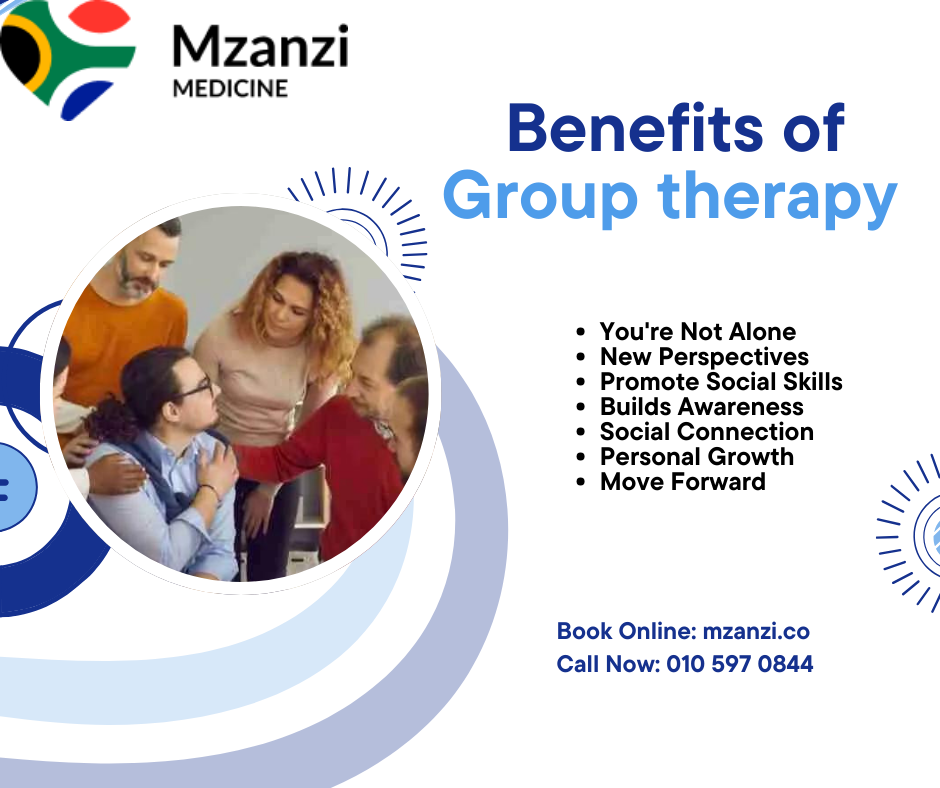Group therapy is a form of mental counseling involving one or more therapists working with a small group. This dynamic setting fosters emotional processing in a supportive environment and encourages shared vulnerability. Unlike individual therapy, the group nature of this type of therapy enhances healing through shared stories and social connection, creating a sense of belonging that individuals may not experience in isolation.

Key concepts such as social connection, which refers to the quality of relationships within a group or network; social isolation, the feeling of being excluded from social, cultural, and economic activities; and social inclusion, which involves full access to social, financial, and political resources, are crucial to understanding group dynamics. These concepts relate to loneliness, defined as the difference between desired and actual social interactions. For those coping with anxiety disorders, depression, or other mental health challenges, group therapy provides a path to personal growth and more robust social connections, helping to alleviate feelings of isolation and fostering more profound connections.
The Power of Shared Experiences
Institutional therapy effectively reduces social isolation and makes individuals feel less alone in their struggles. Sharing personal experiences in a group setting creates a sense of commonality and social connection. For many, listening to others facing similar challenges helps alleviate loneliness and melancholy. Additionally, gaining unique perspectives on shared troubles can lead to new insights and coping techniques that may not have been discovered through individual reflection.
The Role of Empathy and Support in Building Social Networks
An important aspect of group therapy is cultivating empathy among participants. Listening to the experiences of others often helps individuals develop a deeper understanding and compassion for their peers. This empathy not only strengthens social connections but also changes how people view their own challenges. Giving and receiving support within the group fosters a sense of community and belonging that is essential for emotional well-being, especially for those dealing with anxiety disorders or struggling with their social circle.

Boosting Communication Skills for Personal Growth
Group therapy also serves as a platform for improving communication capabilities, essential for personal growth. Participants are encouraged to express their thoughts and feelings openly, which can be therapeutic. This exercise allows individuals to articulate their feelings better while learning to listen actively and respond sensitively to others. These communication skills often translate into healthier relationships in both personal and professional settings, improving interactions beyond the therapy environment.
Overcoming Stigmas and Fostering Social Inclusion
Breaking Down Barriers to Social Contact
Engaging in institutional remedies can assist in lessening the stigma surrounding mental health problems. Participating in a shared institution allows for normalizing discussions about mental fitness, showcasing that everybody has struggles. This breaks down the barriers to social contact that stigma creates, making it less complicated for people to seek assistance and guidance. Group therapy encourages a more inclusive society wherein mental fitness is recognized as a crucial thing of typical proper-being.
Building Inclusivity Through Diverse Social Networks
Group therapy regularly brings together individuals from numerous backgrounds, cultures, and studies. This diversity enriches the therapeutic surroundings, broadening views on intellectual fitness problems. Participants research from different specific testimonies and coping mechanisms, which fosters mutual recognition, empathy, and reputation. By bringing humans collectively from various walks of existence, group remedy strengthens social networks and promotes social inclusion.
The Ripple Effect of Social Connection and Inclusion
Strengthening Communities Through Social Bonds
The impact of organization therapy extends beyond the person to the broader network. As individuals technique their private demanding situations, expand more vital verbal exchange abilities, and exchange their attitudes toward mental fitness, they grow to be advocates for social connection and mental wellness. Members who reintegrate into their communities carry the empathy and assistance cultivated in institutional remedy. This results in more potent, excellent, cohesive groups where mental fitness is prioritized, and social isolation is diminished.
Inspiring Future Generations
Recognizing the advantages of institutional therapy can encourage a way of life that values emotional health among future generations. As people percentages their excellent studies and emphasize the importance of seeking help, more youthful individuals are likelier to undertake these values. Early on, teaching principles of empathy, communication, and inclusion creates a ripple impact, leading to more healthy social dynamics and a future wherein intellectual health is prioritized, social isolation is decreased, and social communities are more potent.
Conclusion
Group therapy has a profound and far-reaching social impact, from isolation to inclusion. By fostering social connections, empathy, and progressing verbal exchange, institution remedy promotes non-public increase, strengthens communities, and encourages a deeper societal understanding of intellectual health. As we maintain the stigma around mental health, embracing the energy of institutional remedy can cause an extra inclusive future in which anybody feels valued, connected, and supported in their journey closer to being nicely-being.
